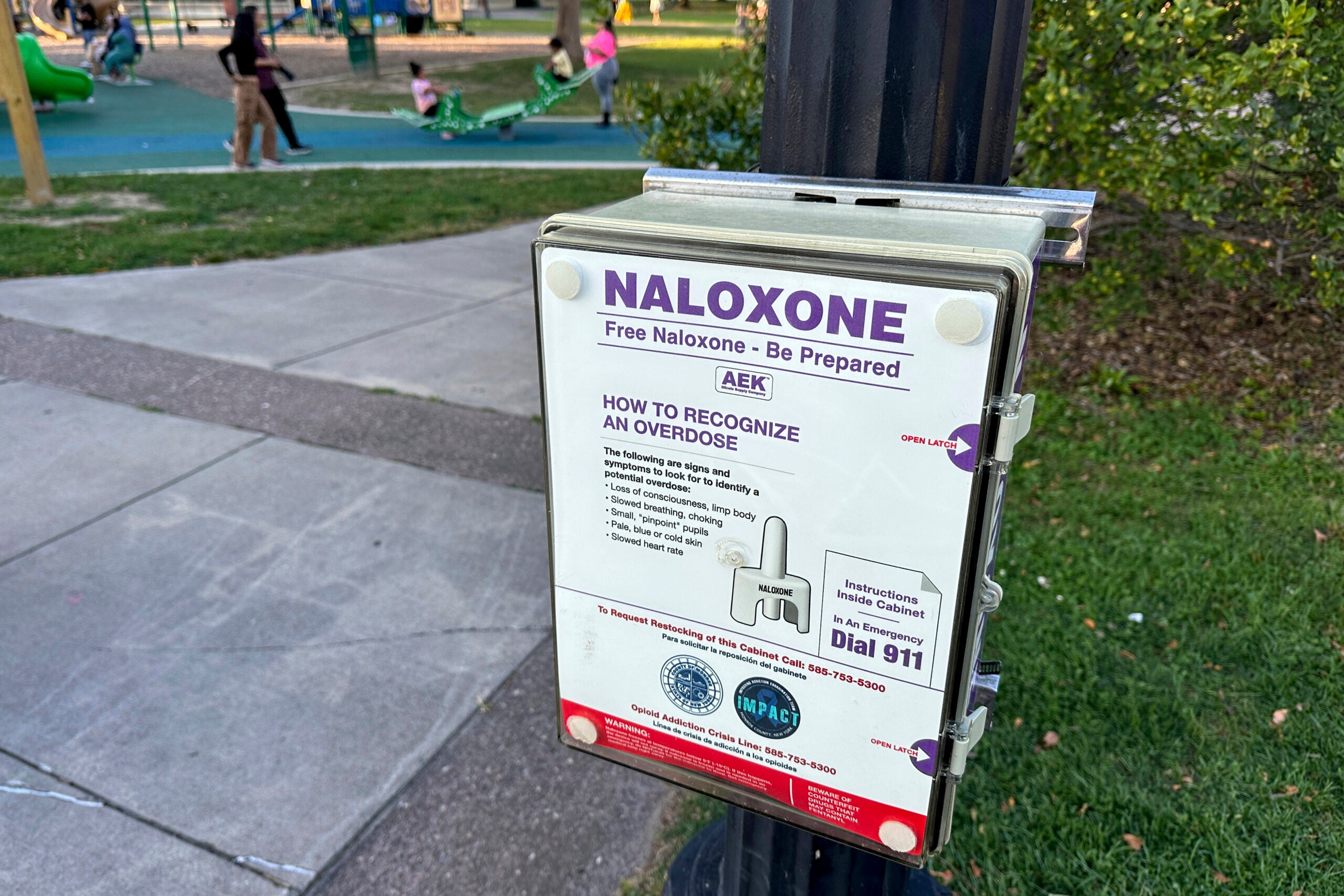A law aimed at reducing “doctor shopping,” when patients seek prescriptions from different doctors to avoid detection, takes effect Saturday.
In an effort to keep opioids out of the hands of addicts, doctors are now required by law to check a database before writing certain prescriptions.
“The PDMP is a really critical part of trying to address the opioid epidemic,” said Ken Schellhase, president of the Wisconsin Academy of Family Physicians.
News with a little more humanity
WPR’s “Wisconsin Today” newsletter keeps you connected to the state you love without feeling overwhelmed. No paywall. No agenda. No corporate filter.
The Prescription Drug Monitoring Program, or PDMP, is overseen by Chad Zadrazil of the state Department of Safety and Professional Services. He said many, but not all, doctors and pharmacists are already using the database.
“I think we’re well over halfway there if not up to three-quarters of the way there, depending on what metric you use,” Zadrazil said.
The state reworked the database after complaints that it was difficult to use. Schellhase said it’s now easier to navigate.
“What I would like to see is that state government continue to get input from physicians, pharmacists on an ongoing basis of how to continuously improve this, because it could be better,” Schellhase said.
The new law requiring prescribers to check the database has exceptions. The law doesn’t apply if a patient is receiving hospice care, if the prescription is for three days or less, if it’s an emergency or if the database is not working.
The state Medical Examining Board issued opioid prescribing guidelines last year. Initial reports from the state Controlled Substances Board indicate there’s been a reduction in prescription painkillers.
“Both (quarterly) reports (issued so far) have shown a decrease year over year of about 10 percent of the the total opioids dispensed in the state,” Zadrazil said.
In 2015, illicit drug use killed 873 people in Wisconsin. Most of those deaths were due to prescription painkillers and heroin.
Wisconsin Public Radio, © Copyright 2025, Board of Regents of the University of Wisconsin System and Wisconsin Educational Communications Board.







